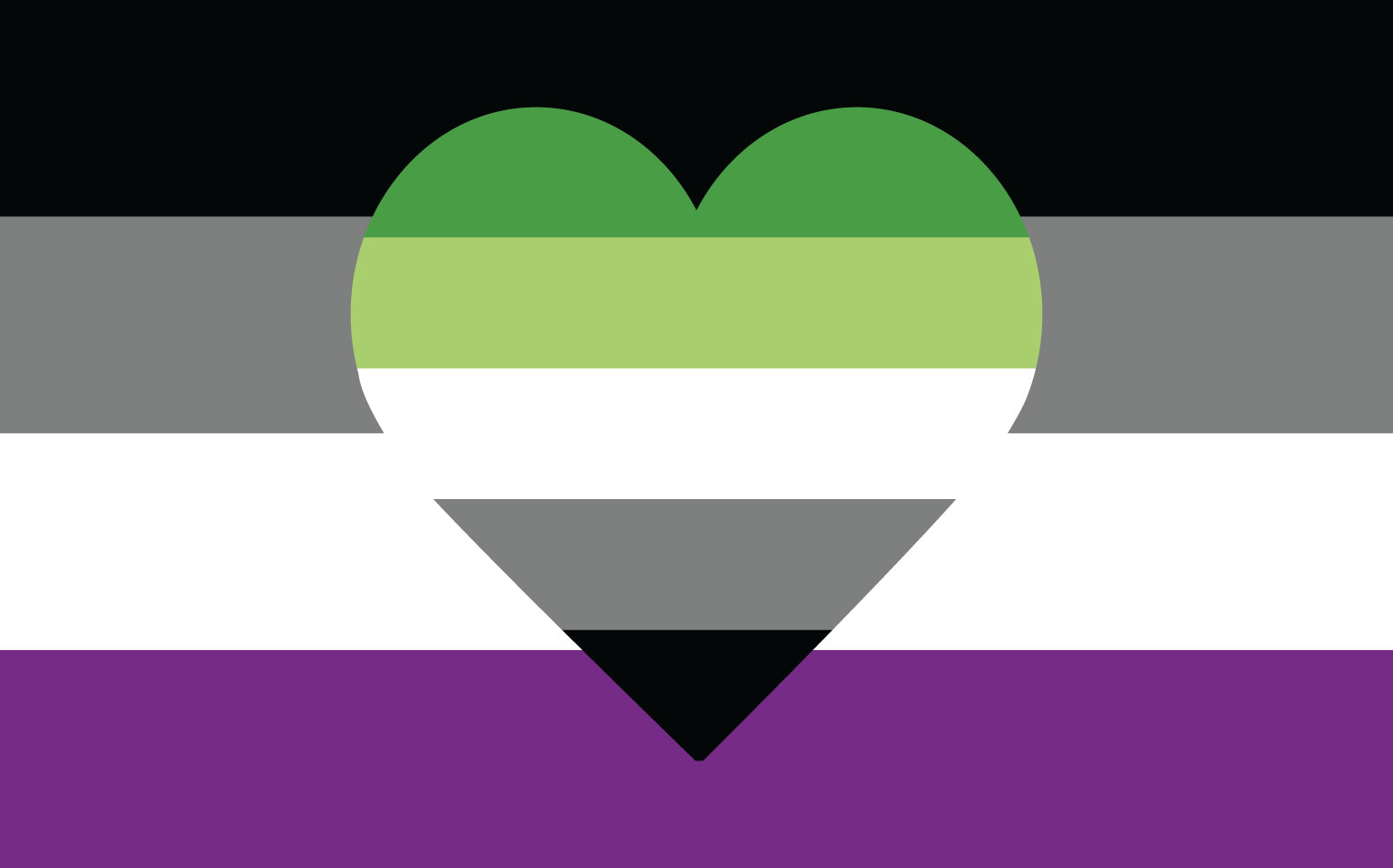
The Sex Education Curriculum
A lot of people associate the idea of a proper sexual education curriculum with students being taught different sexual activities. However, the
Just because the name of the course is “sexual education” doesn’t mean that the children are going to be taught or shown explicit details.
For example, the curriculum proposed by former Liberal Premier Kathleen Wynne back in 2015, would have taught students about consent, sexual identity, gender, and much more.
From personal experience, I can say that the protest against her curriculum was far more destructive than it was helpful. When the new curriculum was proposed, I had to go on strike for a whole week because some adults did not agree with what was being proposed. At the time, I was really happy because I got to miss school but now, looking back on it, I realize that I was cheated. I was deprived of the opportunity to be able to have access to a proper sexual education. Now, a lot of people argue that sexual education is something our parents have the right teaching us, but what happens to those kids who have parents who change the news’ channel when there is a headline about sexual misconduct? How are these parents going to educate their children on something that they themselves aren’t even comfortable talking about?
The curriculum wouldn’t have been much different than the previous one. Before the 2015 proposal, our curriculum had been one from the 1980’s. Everything stayed the same except for the concept of respect for one’s own and others’ bodies and minds, and that understanding yourself and your body through different methods is completely normal. We would have learned about proper terminology, different sexualities and gender identities, consent, and so much more. Nothing explicit would have been “taught” to us by the curriculum providers other than the understanding and normalization of different things. Since this curriculum would have started at a young age, I think that it would have greatly helped normalize the differences in our society. Three of the things that would have greatly helped me and so many other students would have been the concept of consent and respect, healthy relationships, and sexual orientation and gender identity. From what I see, these things are considered small but affect people on a large scale.
Consent and respect
is very important, whether it be in a relationship or between friends and family, and it doesn’t always involve sexual activities.
In fact, it doesn’t even have to involve physical contact. Consent can be about asking if you can borrow someone’s pencil before taking it. In general, consent is the act of asking permission before doing something but it is still commonly associated with sexual activities. Teaching children about consent opens their minds to the concept of respect. You have to respect other people’s choices and if they don’t agree, you cannot force them. Teaching children
Adding on to the concept of consent, a healthy relationship includes respect for one another as well. Teaching children this and that a relationship doesn’t always have to include a male and a female who are portrayed as lovers can open their minds to others’ differences. Showing and teaching them that a healthy relationship can be between a child and his father, or between two friends helps them understand the concept of what a healthy relationship can look and feel like. This in turn can help so many people escape uncomfortable or dangerous situations. Including this in the curriculum can help them understand that relationships don’t always have to lead to sexual activities and that there are different kinds of healthy relationships.
A healthy relationship can take many different forms and the uniqueness of each individual involved is what helps society work properly. Teaching children from a young age that being different is okay can help them find confidence in themselves because they can then understand their differences.
Telling them that there are different types of love relationships can help them explain the feelings that they might feel later on. Helping them also understand that they are not restricted to the gender that they were assigned at birth can help them understand their feelings of not fitting in. Having the mindset that everyone is the same, has the same sexual orientation, and are happy with their gender, discriminates against those who believe or know that they are different. Teaching a child that it’s okay to be different can
I know and realize that the sexual education is a very controversial topic among parents; however, I also think that they have to realize that their children can and will greatly benefit from this curriculum. Sexual education and the teaching of it shouldn’t be taken lightly because it can help so many people. Parents should understand this and if they still don’t want their child to be a part of this school teaching, they should be responsible and take full charge of teaching it. It’s not fair to deprive them of the information and knowledge we need.

